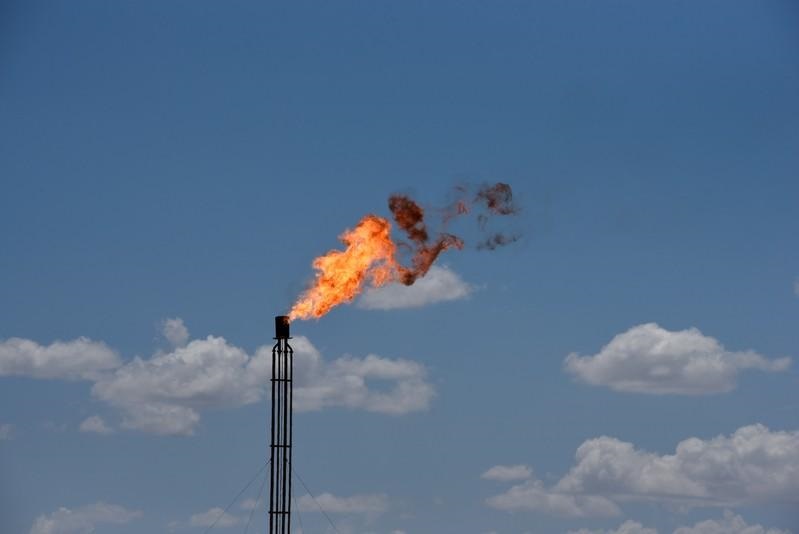PETALING JAYA: Volatile commodity prices, tightening access to the capital markets and regulatory opposition to specific projects and practices are among the top risks for energy companies in 2020, according to Moody’s Investors Service.
It said in a report that rising production amid slower demand growth for oil and natural gas will cause prices to be volatile, while conditions for M&A activity will remain weak.
“In recent years, fixed-income investors have largely satisfied energy companies’ capital needs, but low commodity prices since 2015 have hampered free cash flow generation and delayed debt paydown,” said Moody’s managing director Steve Wood.
“As a result, energy companies face increasingly tight access to the capital markets in 2020, raising their cost of capital and weakening liquidity, while also heightening default risk for firms with looming maturities.”
Moody also stated that the production growth will outpace demand growth in 2020 amid economic slowdown in several large industrial countries, causing oil and natural gas prices to be highly volatile.
Simultaneously, short-term supply adjustments and rising geopolitical tensions in the Middle East will heighten volatility.
Despite the capital spending cuts, the ratings agency said that earnings before interest, taxes, depreciation and amortisation (ebitda) growth in 2020 will be essentially flat for oil and gas producers.
It explained that constrained capital spending by exploration and production firms will translate to flat demand for oilfield services providers, keeping their ebitda at the depressed levels seen in 2019’s final quarter.
“Slowing oil and natural gas production growth will however help midstream companies, with these firms seeing earnings grow in the 5-7% range.”
It said that in Asia, refining margins and petrochemical spreads will remain depressed in 2020, constraining earnings growth for the region’s downstream-focused companies.
“Meanwhile, despite the policies of the Trump administration in the US, state and regulatory opposition to certain pipeline projects and practices will come under increasing opposition, and will prove far more detrimental to oil and gas operators there.”













